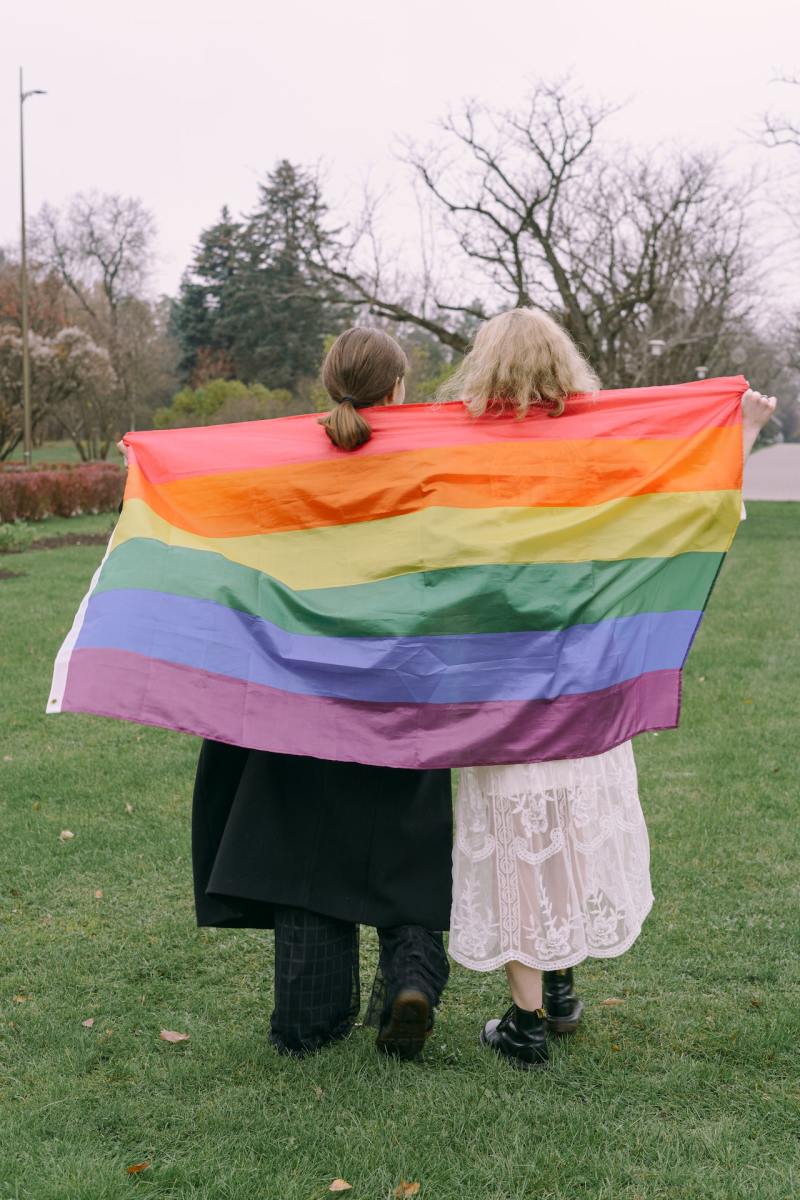A Gay Lifestyle Can Get Your Fired!

Coming Out Can Cost You Your Job!
Employees need to be aware of adverse affects that can transpire when they choose to bring to expose their sexual orientation or gender identity. Often employers take dim views of personal sexual preferences, and may consider them as liabilities to the company's image.
Recently, the Oklahoma City Human Resources Society discussed workplace diversity with respect to gay, lesbian, bisexual, and transgender employees.
One of the speakers who discussed personal experience had been fired by an employer because of gender identity. Another speaker had undergone gender reassignment surgery, and was prohibited from discussing the transition process in the workplace.
People who have relationships that are different, should not be forced to hide or live in fear of losing jobs. Employers need to be educated about gender identity and sexual orientation to better understand and accept personal lifestyles that may be different from their own.
There are some state and federal laws that prohibit employee discrimination when referencing firing based on race, religion, color, sex, and national origin. However, there is a growing awareness about protection from discrimination based on sexual orientation in the workplace.
Currently, Title VII of the Civil Rights Act, of 1964, does not provide for discrimination on the basis of sexual orientation. However, a law to add “sexual orientation” as a protected class is expected to be passed, sometime in 2009.
The Employment Non-Discrimination Act (ENDA) is a proposed federal law that would prohibit sexual orientation discrimination in the workplace. This bill would prohibit employers from making decisions concerning firing, promoting, or compensating employees based on sexual orientation or sexual-identity preferences. The ENDA also prohibits preferential treatment of gay, lesbian, bisexual, transgender, and quotas to require hiring of these types of individuals.
Although, discrimination about sexual preference is not explicitly prohibited under federal law, does not mean that employers should be flippant about sexual orientation or gender-identity discrimination.
Some states have enacted discrimination laws targeting homosexual, bisexual, and trans-sexual individuals. Other states only prohibit sexual discrimination in designated municipalities.
Fifteen states and the District of Columbia have laws in place to prohibit discrimination based on sexual orientation and/or gender identity, in private employment. These states are: California, Connecticut, District of Columbia, Hawaii, Maryland, Massachusetts, Minnesota, Nevada, New Hampshire, New Jersey, New Mexico, New York, Rhode Island, Vermont, and Wisconsin.
Nine states in which only state employees are protected from discrimination based on sexual orientation and/or gender identity (by executive order or civil service rule). These states are: Alaska, Colorado, Delaware, Illinois, Indiana, Kentucky, Montana, Pennsylvania, and Washington.
A complete listing of cities and counties that prohibit discrimination based on sexual orientation and/or gender identity can be viewed at the Human Rights Campaign website (http://www.hrc.org).
The lack of openness in today's society causes anxiety and wreaks havoc within the workplace. When people don't know each other, they tend to fear one another.








